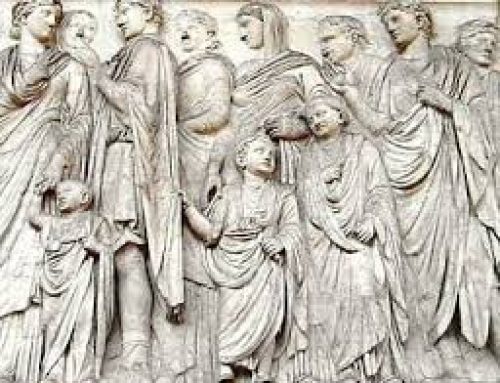
Infinity: A number line is infinite in both directions.
No end to the number line
When we think about the number line, we can see that there’s no end to it – both in the negative direction and in the positive direction, the numbers go on forever. You can always add one more. We call that forever “infinity”.
What’s a number line?
All our math articles
Indian math and infinity
Some of the earliest mathematicians to work on this kind of question lived in India, about 500 BC. A lot of people most interested in infinities are astronomers, who are interested in whether the universe is infinite.
Indian science and math
Indian mathematics
Infinitely many infinities
But infinity’s more complicated than that. There can be a lot of different infinities, and they can be different sizes. For example, suppose we take the set of all positive whole numbers. That would be infinite, and the same size as the set of all negative whole numbers.
What are whole numbers?
What is addition?
But what if we looked at the set of all even positive whole numbers? Wouldn’t that be only half the size of the set of all positive whole numbers? If you added together the set of all even numbers and the set of all odd numbers, you’d get an infinity the same size as the set of all positive whole numbers. And yet there’s certainly an infinite number of even numbers, too.

A number plane
Fractions and infinity
What about fractions? The set of all whole and half numbers would have to be twice as big as the set of all whole numbers, and four times as big as the set of all even numbers.
What are fractions?
Fractions in Islamic Africa
Infinity in three dimensions
Now suppose in addition to that number line we begin to think about a number plane. We’ve got infinities of numbers going off north, south, east and west. What about a number universe, with infinities going off in three dimensions? Or, if we count time as a fourth dimension, then even more directions are possible. In fact, there are an infinite number of different kinds of infinities.
What are dimensions?
What is a plane?
More about whole numbers
More about fractions
Bibliography and further reading about numbers:





interesting
Thanks, Kaiden!